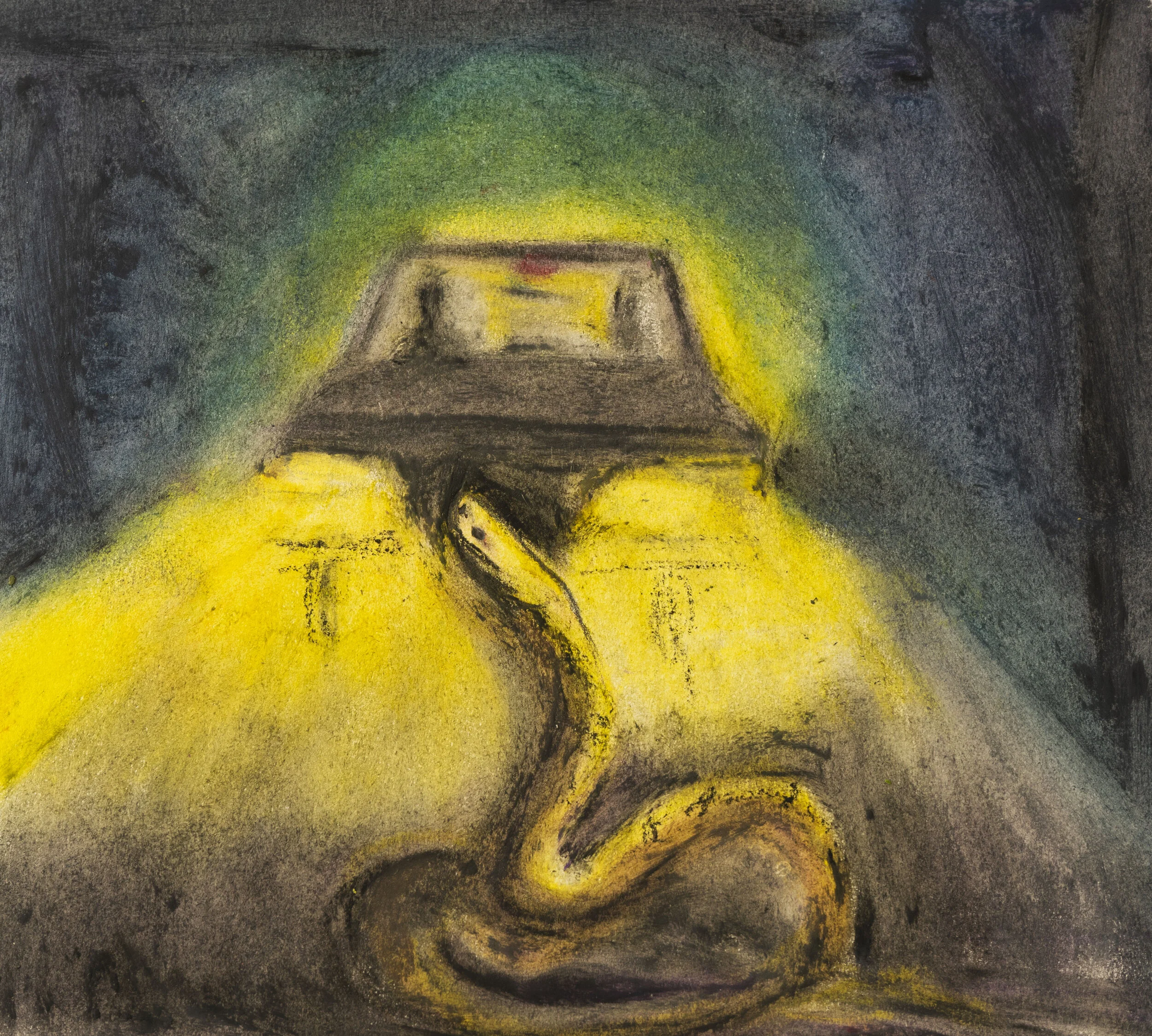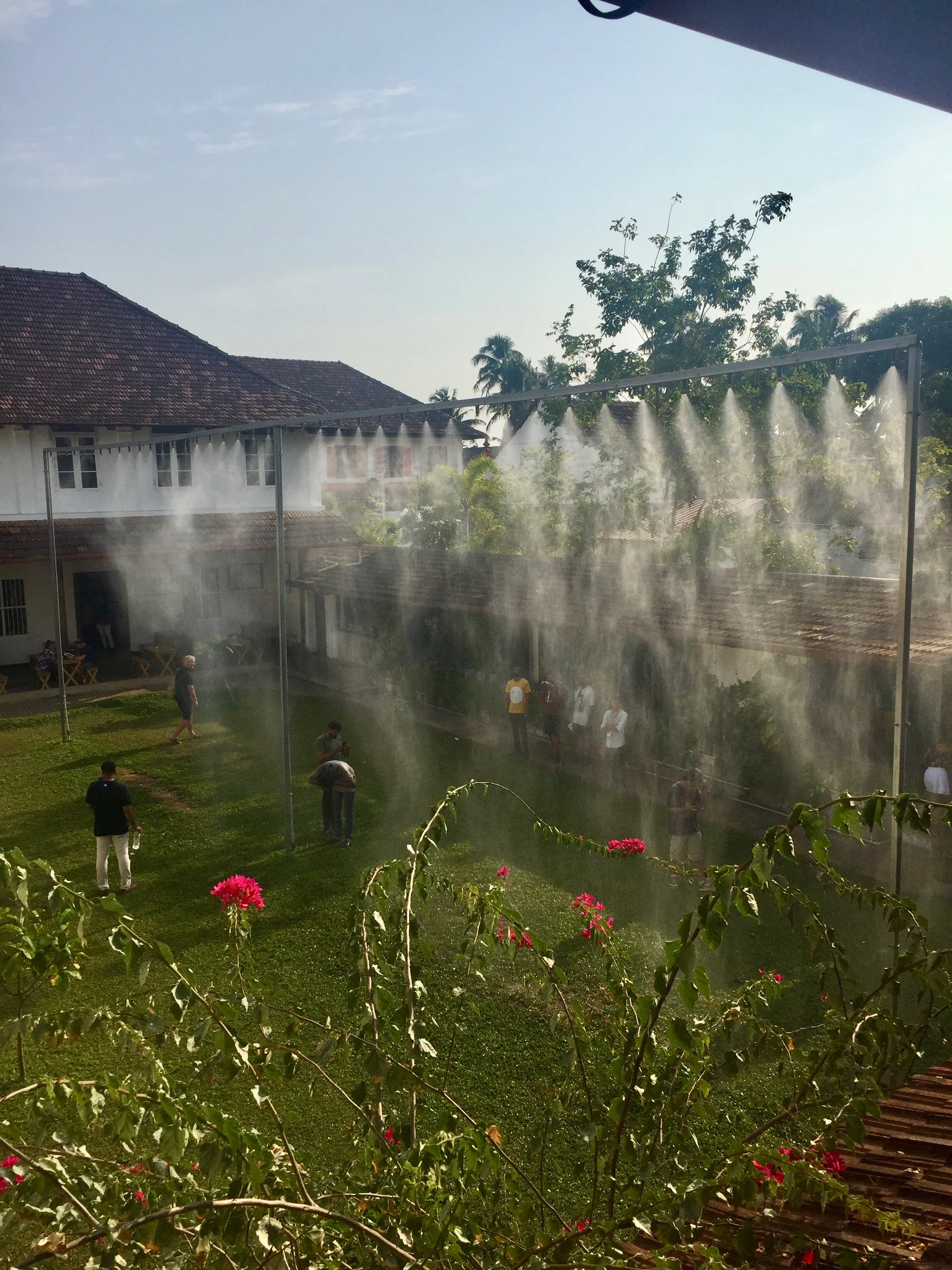Home Workspace Programme 2019, Ashkal Alwan: Tulika MS
The Foundation supported Tulika MS at Home Workspace Programme (HWP) at Ashkal Alwan in Beirut last year. HWP is a 10-month arts study programme open to artists and other practitioners from Lebanon and the world over to develop their formal, technical and theoretical skills in a critical setting, and provides enrolled fellows with feedback and resources to facilitate and support their art practice.
Having returned from Lebanon a month ago Tulika ponders on the role of the artist during times of times of conflict and uncertainty.
The experience of the Home Workspace Program 2019-2020 at Ashkal Alwan cannot be read without addressing the crises that took a toll not only on the program, but on the entire country since October 2019. Dealing with political and economic uncertainties within Lebanon, India and beyond became necessary towards comprehending the impact of ruptures taking place every other day. The difficulty to adjust, to settle, to understand, to articulate and to access an experience of habitation punctured preconceived models established by art ecosystems to focus on an art practice. The Home Workspace Program was beset with this tone.
The program was originally scheduled to begin with a Preface - an introduction to the historical and contemporary context of Beirut and Lebanon through readings and field visits. But this itinerary became unfeasible and irrelevant with concurrent mass uprisings engulfing the country. The country’s unjust past was suddenly threatened by a powerful moment that could end its protracted reality. An expositional and historicizing exercise of understanding the context did not suffice to comprehend the complexity of this moment.
How does one respond to events of such intensity without getting paralyzed in the process of meaning making? How do we make aesthetic choices in moments that are emergent and filled with uncertainty? Have artists taken their ability to produce for granted? And if so, why? Many of these questions arose because of conflicting positions - of having to carry the weight of being a “productive” artist, whilst also being vulnerable to a predicament that was beyond individual and art institutional answerability. It was an imperative moment that brought the infrastructural mechanisms of the art field into sharp focus. The events that have been unfolding globally before us today can be read as signals that highlight the state of governing structures. It goes to remind us that the cultural field’s own apparatus is not excluded from it. In this sense, the artist figure is also an actor stitched into this framework of individuals, institutions and organisations within society. It only becomes more urgent as a creative practitioner to posit a productive tension in thinking through the materiality of infrastructures over a logic of representation.
In the wake of the protests that had erupted on 17th October 2019, many cultural institutions in Lebanon including Ashkal Alwan collectively decided to call off their shows and events. From then on, I observed several moments where organisations recalibrated their resources towards supporting the community – whether it was during protests, the pandemic, degenerating economy or the devastating blast that rocked Beirut at the beginning of August. How do we interpret such responses to emergencies where the move to support a community extends beyond the domain of art production? By situating the productive potential in mobilizing communities to come together, how can the affective capacities of infrastructures broaden the conceptions of art practices and ecosystems?
These questions have percolated through many conversations with friends over the past year, and I want to thank my colleagues in the Home Workspace Program: Amani Yacoub, Vida Guzmik, Samar Samry, Maissa Matouk, Lamia Abukhadra, Yamu Wang, Christian Sleiman, Yasmine El Meleegy, Priyesh Gothwal, Nihat Karatasli and Christine Safatly; as well as friends in India, for enriching my process of engagement through their criticality, friendship and belief in solidarity. I also thank Christine Tohme, Lara Saab, faculty members and the entire Ashkal Alwan team for their generous support and for giving me the opportunity to be a part of their community; and Inlaks Foundation, Raqs Media Collective, Nilima Sheikh & Gulam Mohammed Sheikh whose trust and material support actually made the experience of being in Beirut possible.







